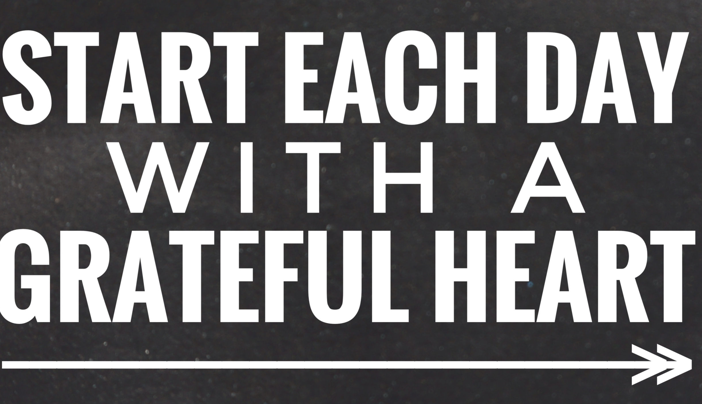SUNDAY AFTERNOON BLOG WITH WRITER AND PSYCHOTHERAPIST - TARA HUSSAIN.
- Tara Hussain

- Mar 21, 2021
- 3 min read
Updated: May 14, 2021

GRATITUDE: THE ART OF BEING
THANKFUL.
“Cultivate the habit of being thankful for every good thing that comes to you.”
-Ralph Waldo Emerson.
When asked what gratitude is, we might find ourselves thinking, gratitude is the act of being grateful, it is the positive reaction we exhibit when we know someone cares enough to make their feelings known, or the act of being thankful and appreciative for the things we have in our daily lives. Similarly, gratitude is often suggested by researchers to be an act of thankfulness that brings great benefits to our physical and psychological wellbeing. Again, gratitude is defined by the Oxford dictionary as 'readiness to show appreciation for and to return kindness.' In this final definition lies the art of being thankful.
However, there are different acts of gratitude that can generate positive feelings which can guide us towards meaning and a healthier lifestyle. Being grateful helps us to be more peaceful, more joyful, and brings us comfort even in the most adverse of circumstances. We know that gratitude is an essential part of our existence. We are taught as children to be thankful for the things we receive. As adults, this philosophy is always there in tandem in our consciousness, and yet, more often than not, we fail to show gratitude for the things in our lives. I have read many articles on gratitude, have saved many posts on social media and have ordered a whole range of books from Amazon to learn how to become better at cultivating gratitude. I was struggling to be grateful when life had thrown certain challenges my way.

My personal experiences, childhood, and socioeconomic circumstances have played a role in how I approach gratitude. It should be easier for me to find grateful moments because I never have to worry where my next meal will come from. This is something I often feel guilty about – that I am not being as grateful as I should be.
When I was thirty-one, I lost my dear dad. He had been bedridden for more than ten years and had shrunk to a shadow of his former self. In my eyes, he was always my hero, strong and larger than life. Losing my dad was hard for me and my biggest loss to date. I remember waking up, sometime afterwards, feeling good and then immediately feeling the dread of sorrow, when I remembered he was not alive anymore. If someone had told me to be grateful then, I would have struggled to understand what that meant. How could I be grateful in such circumstances? It is only now that I realise that I had a lot to be grateful for. I am thankful for the times I spent with my father because not everyone has the opportunity to live so close for so long with the man who gave them life. I remember how we always watched Wimbledon together each year. My dad would be on the edge of his bed rooting for his favourite players, especially during centre court finals. I often just watched him, immersing myself in his joy. I am grateful that in his last year we grew even closer, and for those positive memories I am grateful.
Viktor Frankl, a psychiatrist who survived the concentration camps during the Holocaust, found a way to stay positive. He explained that finding meaning in his life, even when faced with the prospects of dying had carried him through one of the hardest moments in history. He said, “Everything can be taken… but one thing: the last of the human freedoms—to choose one’s attitude in any given set of circumstances, to choose one’s own way.”
If we remember the difficult challenges we have faced in life, it’s easier to see how far we have come. Going forward, try to establish a daily practice where you keep a journal of the best moments of your day. As you think about these pleasant memories, you can look for moments where you have experienced gratitude. It is easy to miss the small things that let you embrace this attribute, such as someone holding a door for you or taking the time to talk beyond idle conversation. Jot down a few notes about how those experiences made you feel. This can keep gratitude high on your radar.
In conclusion, gratitude is something that everyone can practice. I truly believe that we can almost always find gratitude in even the most challenging situations. Being grateful is not always easy but incredibly rewarding. As Frankl’s words remind us, our attitude affects our lives, and living with gratitude is powerful beyond measure.
“Gratitude turns what we have into enough.” – Anonymous
Thrive & shine,
Tara.










Comments